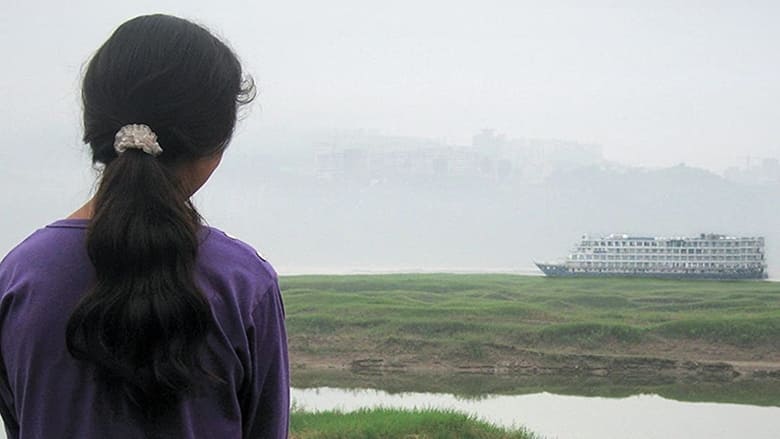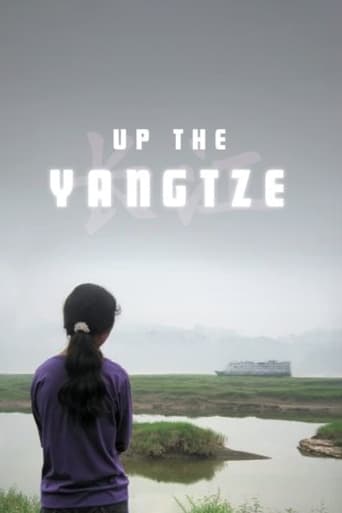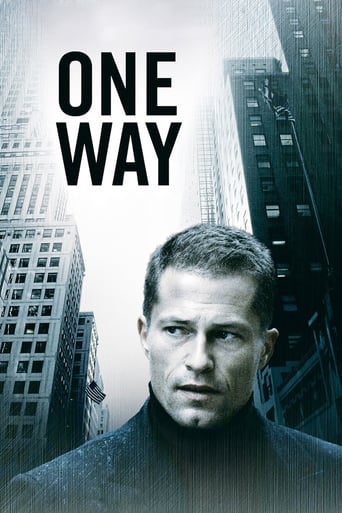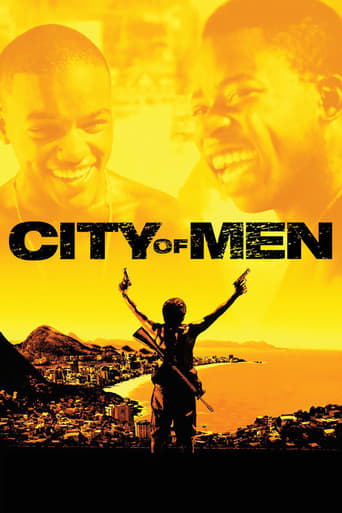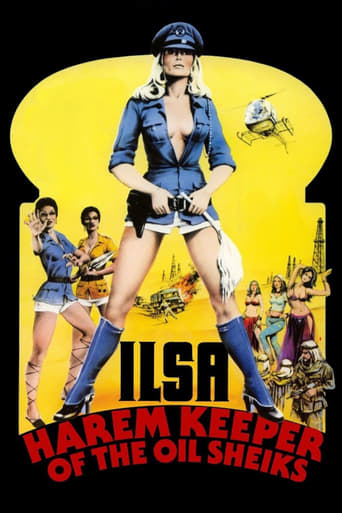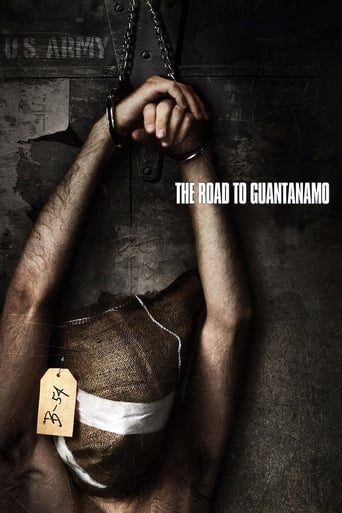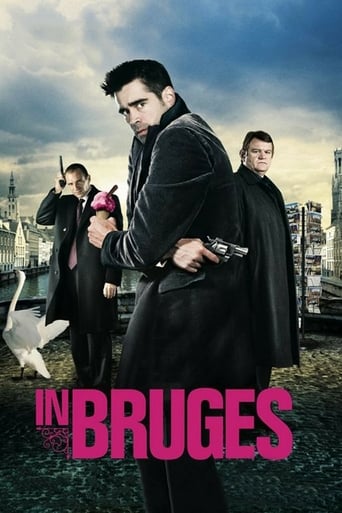Up the Yangtze (2007)
A luxury cruise boat motors up the Yangtze - navigating the mythic waterway known in China simply as "The River." The Yangtze is about to be transformed by the biggest hydroelectric dam in history. At the river's edge - a young woman says goodbye to her family as the floodwaters rise towards their small homestead. The Three Gorges Dam - contested symbol of the Chinese economic miracle - provides the epic backdrop for Up the Yangtze, a dramatic feature documentary on life inside modern China.
Watch Trailer
Free Trial Channels
Cast


Similar titles
Reviews
I wanted to like it more than I actually did... But much of the humor totally escaped me and I walked out only mildly impressed.
if their story seems completely bonkers, almost like a feverish work of fiction, you ain't heard nothing yet.
Each character in this movie — down to the smallest one — is an individual rather than a type, prone to spontaneous changes of mood and sometimes amusing outbursts of pettiness or ill humor.
The movie really just wants to entertain people.
Sorry if you were looking for Wall-E or something else 'feel good', this is a documentary focusing on two young people at the center of change in China. The Three Gorges Dam, at the time of filming was beginning to flood areas where about 2 million people were being displaced, as we are told, for the good of the country, which appears a phrase parroted enough in the belief it will come true.'Jerry' is a Have, while 'Cindy' is a 'have not.' Both seek employment on a cruise ship for western tourists. Little is told of Jerry's family, which is apparently better off than Cindy's, which the film focuses on. Cindy's family are poor farmers who are doing fairly well, but know everything will change when their home and fields will be flooded. The hardship of change is clear and Cindy works hard to help support her family. Jerry doesn't show the same work ethic, which leaves the viewer to draw their own conclusion of traditional vs. modern values.Quite a lot of detail on modern China is available to the viewer, including frequent complaints of corruption. I was moved considerably by the contrasts and the snips of history, which show not all have prospered in modern China, though there is again parroted belief that anyone can succeed. It was also a bit surprising to see in China High School education is not a given for everyone.I found this to be a very informative and well done documentary and highly recommend it to anyone wishing to see the changes and impact of this dubious national project.
I finally watched this film during its third run at a local art-house cinema, having missed it on two previous occasions. I enjoyed the film, but at the same time felt it could have been done better. The knitting could have been tighter.Ten years ago I took a boat trip up the Yangtze, starting from ChongQing. No, I was not on a 5-star cruiser depicted in this film. My boat was much more modest, and smaller. At night I could hear rats racing across the ceiling. But it was, nevertheless, an enjoyable trip. The water level was much lower at that time, so the cliff faces were higher and more impressive. What I once saw is now mostly submerged, as was chronicled in this film. Taking this trip 'Up the Yangtze' again on the big screen sure brought back fond memories.Overall I find the focus on the demise of a poor family affected by the rising water level, and the activities surrounding large cruise ships catering to well-off visitors from around the world to be a good and relevant backdrop to this informative documentary. The acting and interviews were well conducted, with unforced ease and human sentiment. At the end, you draw your own conclusion who to sympathize with, whether you want to point fingers at the establishment, or just resign to the fact that progress toward modernization, in any country, comes with a price.As the end credits rolled on the screen, a band played 'To traverse a big sea you need a good navigator', a song composed and forced into the ears of every Chinese national during the Culteral Revolution - in praise of Mao, the 'Navigator'. It was a great propaganda song but the band, using inappropriate instruments, made a mess of it and it sounded like white noise. I don't know why the director did not chose the far more superior 'choir' version, which would have been more becoming to close out a good documentary. This is just one example of how some fine-tuning and refinements could have brought this film one step closer to being a masterpiece.
Don't ask an affluent person to offer their opinion about matters that concern the disadvantaged. Without having the breadth of their degraded experiences, without meaning to, the proffered observations by the socialite, the privileged, or in the case relating to the relocated victims of Hurricane Katrina; Barbara Bush- famously quoted for having said that the displaced New Orleans families would benefit by a change of scenery- may amuse, outrage, or sadden those who had to make do without a silver spoon throughout their quotidian lives.In "Up the Yangtze", a tour guide shows a bus load of Americans the living arrangements that the government is providing for the victims of a man-made flood created by the Three Gorges Dam. Judging by the lilt in the woman's voice and corresponding enthusiasm from the tour group, you can tell that a formed consensus among the well-attired men and women about the future prospects for these Chinese river dwellers. Like the former-First Lady, they readily assume that the loss of their homes and culture will turn out to be an unexpected blessing."Up the Yangtze" follows two service industry workers: one, a thirteen-year-old girl from one of those "lucky" rural families, and the other, a self-centered older boy from the city, as they learn how to interact with English-speaking tourists on a ship that traverses up and down the famous Yangtze River. The boy will be fine(he's a cocky son-of-a-bitch), we sense, but the fate of the girl is another matter. Denied the opportunity to further her comprehensive studies, the sheltered girl leaves home because her illiterate parents need the extra income to support their new lifestyle, one that isn't centered around sustenance farming, we suspect. The peasant couple also have two smaller children. Although the exposure to new people and places are beneficial to "Cindy", the central image of "Up the Yangtze" foretells her potentially dire future. The ship moves forward, but the ship always retraces its progress; the ship is going nowhere. When a co-worker takes the girl shopping for clothes that's more suitable to city life, and introduces her to make-up, we see a possible future in store for this uneducated young woman should she ever tire of washing dishes and making beds.
I would consider this to be a perfect documentary for its technique and narration.The movie's account of the massive three-gorges project is quite detailed. But without letting viewers loose attention to its subject, the movie takes us through the history of China, the paradoxes of its "modern" path of development and even the myths and goddesses associated with the river. The movie aptly exposes and questions the "tourist" nature of our own interests in the vast orient unveiled to us. The satire in the film (which may not be all non-fictional) is sharp and quite funny. Overall, the story telling is so fluid that it may feel to be a fictional account altogether.Like any other documentary this is a movie replete with the accounts of lives of the people associated with the project. However this movie accomplishes much more by reevaluating our own ideas of economic development; by showing us the two sides of it fulfillment of a dream of progress and loss of an environment that constitutes the being.Lastly, owing not just to the country of landscapic beauty that china is, there are some captivating shots in the movie that stay in memory long after the movie is over.

